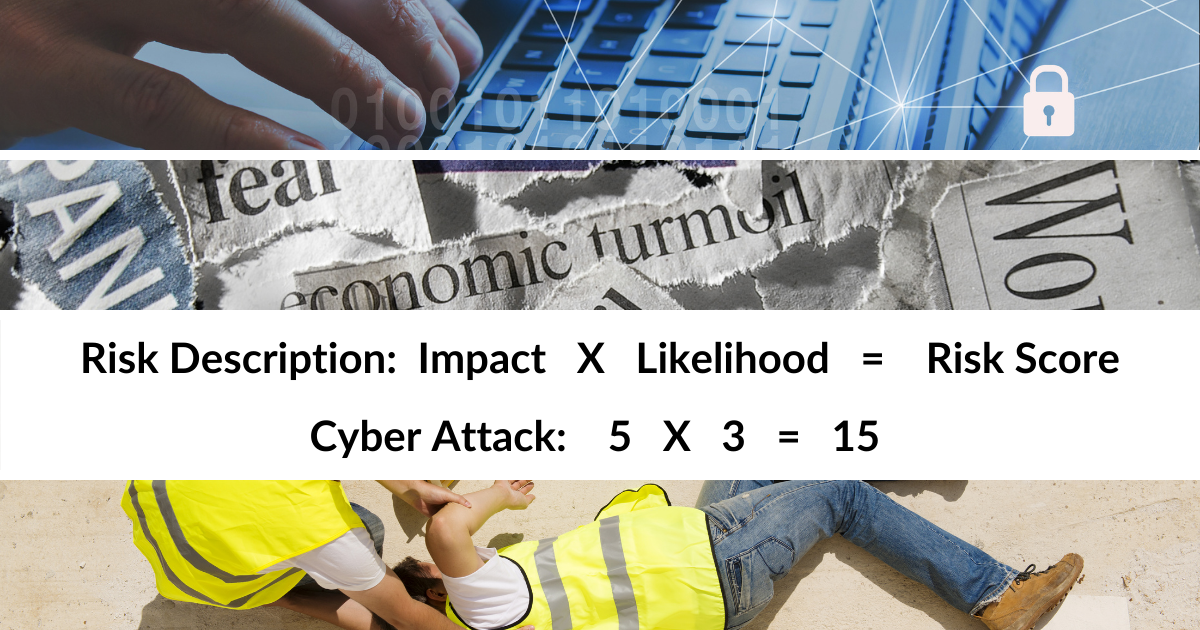Digital Age Crisis Lessons: #9 A Crisis is no longer always a crisis

The first time any of us saw this ad from Nike was on the afternoon of September 3rd, 2018, when it was tweeted by its subject, the controversial NFL quarterback Colin Kaepernick.
The full Nike commercial appeared shortly afterwards.
Fox News and the internet lit up.
Those who hated the campaign vowed to never buy Nike products again. Many people published videos of themselves burning their own Nike sneakers.
In the next 24 hours, Nike shares fell more than three percent.
A disaster for the Nike brand.
Except…it wasn’t.
On September 13th, the Washington Post reported that a consumer poll showed that people approved of the ad by 49 percent to 37 percent – which widened to 67% to 21% among the 18-34 age range.
This approval was reflected in huge sales gains.
That day, just ten days after the initial unveiling of the campaign, the Nike stock closed at $87.47 – an all-time high.
None of this was surprising to Nike. They anticipated the burning of the shoes. And they anticipated the sales gains.
They know their own audience extremely well.
Consumers, especially the younger age groups, notably the Millennials, want brands to take a stand on the big social issues of the day.
They will punish a brand if it does not take a position, if the brand stands on the sidelines of society without participating.
But consumers will also reward a brand if it does take a stand on a controversial topic. Millennials understand the risk that was taken and the authentic corporate values that it demonstrates.
Want another example?
Being involved in high stakes, confrontational legal action with the federal government, would once upon a time would have been the very definition of a crisis for a brand.
In December 2017, outdoor clothing company Patagonia filed a lawsuit that, among other government officials, named President Donald Trump as a defendant, accusing the government of an illegal plan to dramatically reduce the size of two national monuments in Utah.
Patagonia has long since claimed itself to be the ‘activist company’ and knew exactly on what side of the issue its intensely loyal consumers would fall.
Rose Marcario, Patagonia’s CEO, appeared in Fast Company magazine a few months later under the headline, “How Patagonia Grows Every Time it Amplifies it's Social Mission”.
A huge aspect of crisis management is about focusing on an organization’s stakeholders – Who are they? What are their interests and how might they be damaged? What would they believe the organization should do to mitigate the crisis?
If you are already so connected to your stakeholders that you know exactly how they will react, even as you make polarizing and highly controversial decisions – then the appearance of a crisis, may not be accurate.
It may be anything but a crisis.
This is #9 in an occasional series of blogs under the overall theme of ‘The Ten Digital Age Crisis Management Lessons for Everyone’.
In our final blog in this series, lesson #10 focuses on how what you are doing now is as important as what you do in the moment.
Find the #1 lesson here.
Find the #2 lesson here.
Find the #3 lesson here.
Find the #4 lesson here.
Find the #5 lesson here.
Find the #6 lesson here.
Find the #7 lesson here.
Find the #8 lesson here.










